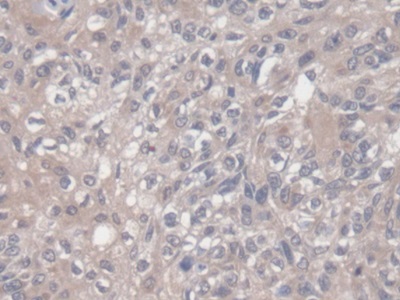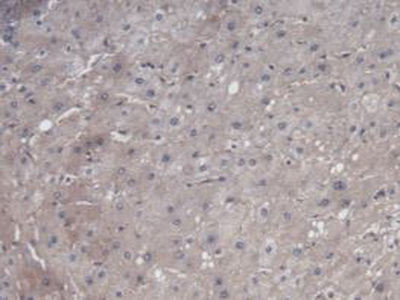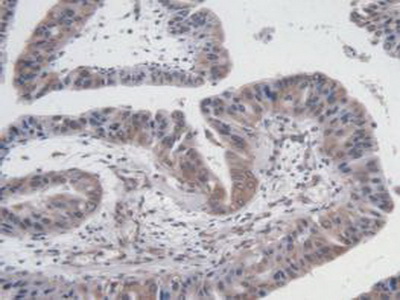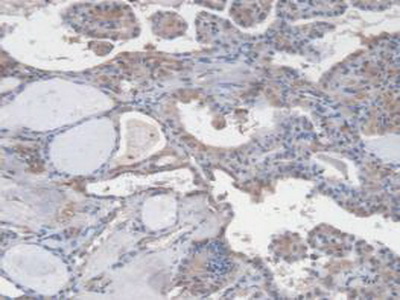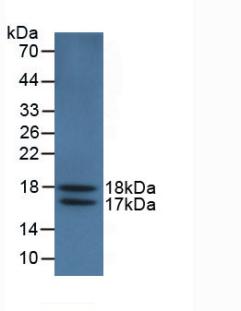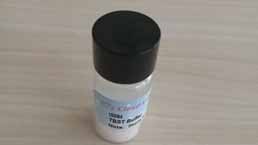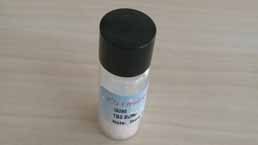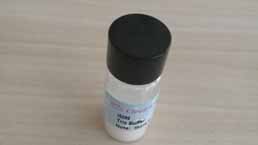Monoclonal Antibody to Vascular Endothelial Growth Factor 121 (VEGF121) 

- UOM
- FOB US$ 123.00 US$ 286.00 US$ 409.00 US$ 1,023.00 US$ 4,090.00
- Quantity
Overview
Properties
- Product No.MAB851Hu21
- Organism SpeciesHomo sapiens (Human) Same name, Different species.
- ApplicationsWB; IHC; ICC; IP.
If the antibody is used in flow cytometry, please check FCM antibodies.
Research use only - DownloadInstruction Manual
- CategoryCytokineSignal transductionTumor immunityInfection immunity
- SourceMonoclonal antibody preparation, Host Mouse
- Ig Isotype IgG2b Kappa, Clone Number C2
- PurificationProtein A + Protein G affinity chromatography
- LabelNone
- Immunogen RPB851Hu01-Recombinant Vascular Endothelial Growth Factor 121 (VEGF121)
- Buffer FormulationPBS, pH7.4, containing 0.02% NaN3, 50% glycerol.
- TraitsLiquid, Concentration 1mg/ml
Sign into your account
Share a new citation as an author
Upload your experimental result
Review

Contact us
Please fill in the blank.
Specifity
The antibody is a mouse monoclonal antibody raised against VEGF121. It has been selected for its ability to recognize VEGF121 in immunohistochemical staining and western blotting.
Usage
Western blotting: 0.01-2µg/mL;
Immunohistochemistry: 5-20µg/mL;
Immunocytochemistry: 5-20µg/mL;
Optimal working dilutions must be determined by end user.
Storage
Store at 4°C for frequent use. Stored at -20°C in a manual defrost freezer for two year without detectable loss of activity. Avoid repeated freeze-thaw cycles.
Stability
The thermal stability is described by the loss rate. The loss rate was determined by accelerated thermal degradation test, that is, incubate the protein at 37°C for 48h, and no obvious degradation and precipitation were observed. The loss rate is less than 5% within the expiration date under appropriate storage condition.
Giveaways
Increment services
Citations
- Elevated PLGF contributes to small-cell lung cancer brain metastasisPubMed: 22797069
- VEGF-121 plasma level as biomarker for response to anti-angiogenetic therapy in recurrent glioblastomaPubmed:29747600
- A pediatric case of anaplastic astrocytoma with a gliomatosis cerebri; the growth pattern and changes in serum VEGF-121 levels after bevacizumab treatmentPubmed: 33222957
- Associations between VEGF isoforms and impending retinopathy of prematurityPubmed: 32737903
- Activin A triggers angiogenesis via regulation of VEGFA and its overexpression is associated with poor prognosis of oral squamous cell carcinomaPubmed: 32377747





